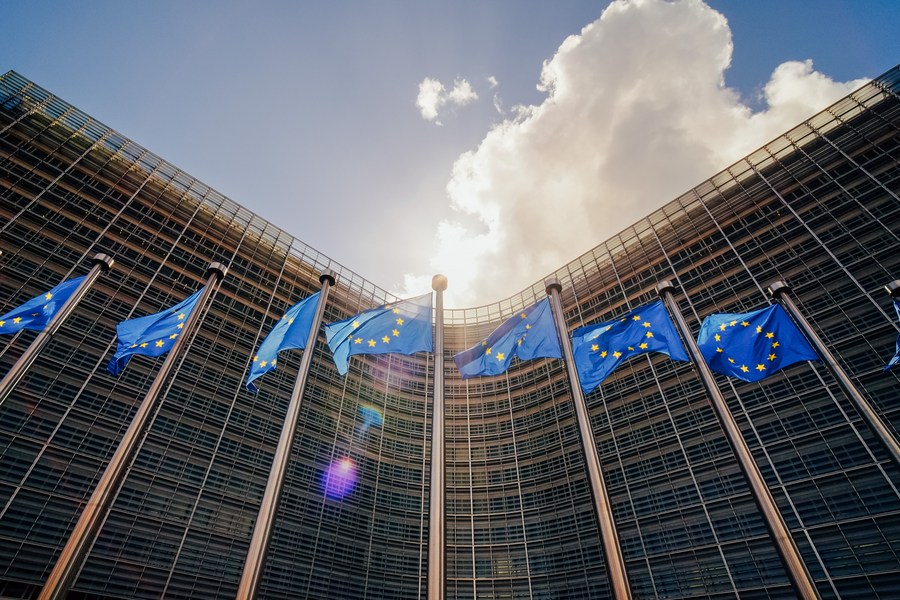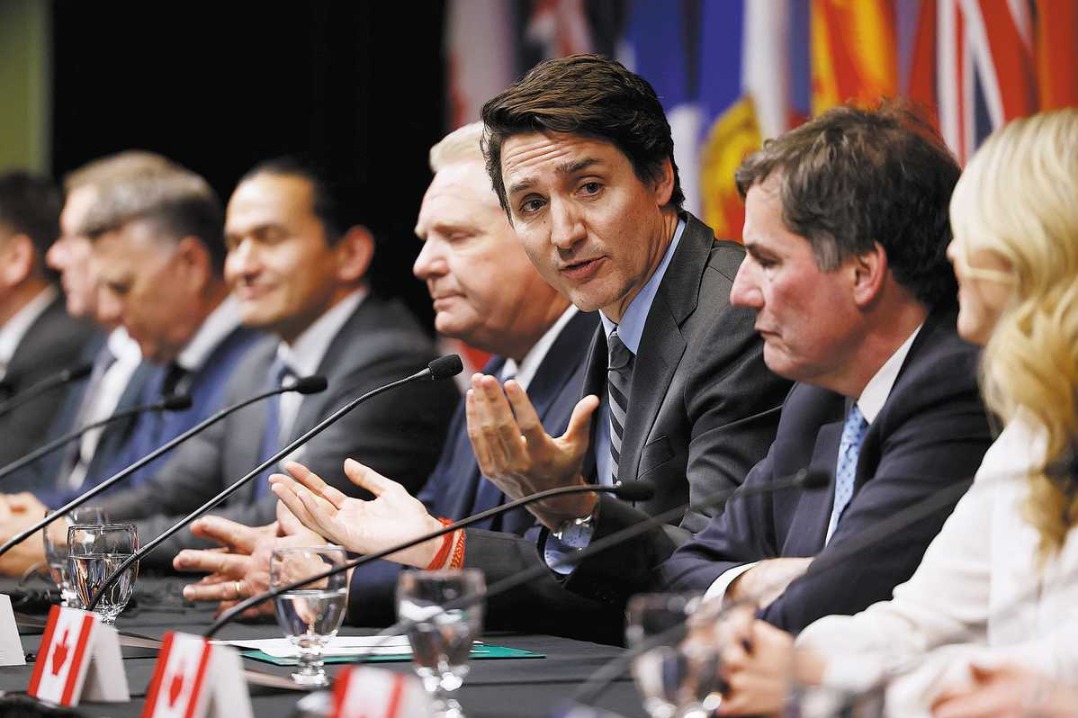Carbon trading revamp to hit polluters in the wallet


The European Union is set to hit carbon polluters in the pocketbook in a bid to drive down the bloc's emissions of the greenhouse gas that contributes massively to global warming.
The group of 27 industrialized nations is preparing to overhaul its system through which it effectively taxes polluters for the harm they have done to the environment, the Reuters news agency reported on Wednesday.
Reuters claims the revamp of the bloc's emissions trading system, or ETS, will be the largest since the initiative was launched in 2005.
It said a leaked draft EU document details how the bloc plans to make it more expensive to pollute, and how it also wants to extend the ETS system to cover pollution created by ships, trucks, and mass heating systems.
The ETS system, which already covers factories, power plants, and airlines, compels the producers of carbon emissions to buy permits to off set their pollution. The number of permits needed is based on the amount of pollution created, which incentivizes companies to produce less carbon in order to save money.
Polluters are currently paying around 56 euros per metric ton of carbon they produce, which is double what it was two years ago. The Financial Times said the price could rise to as much as 85 euros a metric ton by the end of the decade.
Reuters said the EU will contemplate reforming the ETS on July 14, although the bloc has not yet confirmed this.
The EU is in the midst of trying to hit its target of cutting net carbon emissions by 55 percent of the 1990 levels by 2030.
The Bloomberg news agency said the overhaul of the ETS will include a reduction in the number of permits that the EU issues. With fewer permits available, the price they trade at will inevitably rise.
If the proposals are indeed discussed on July 14, EU member nations and lawmakers in the European Parliament will be able to amend them and either approve or abandon them. Reuters said the process to overhaul the ETS could take around two years.
The European Commission, which is the European Union's executive branch, has previously said it will use all money collected through the ETS system to bolster the competitiveness of its industrial sector and help vulnerable families pay for their energy needs, if the cost rises because of green policies.
Bloomberg noted that the proposed overhaul of the ETS will be unveiled at the same time as a raft of updated EU laws that are being rewritten with the bloc's 2030 climate change commitments contained in the European Green Deal firmly in mind.
































